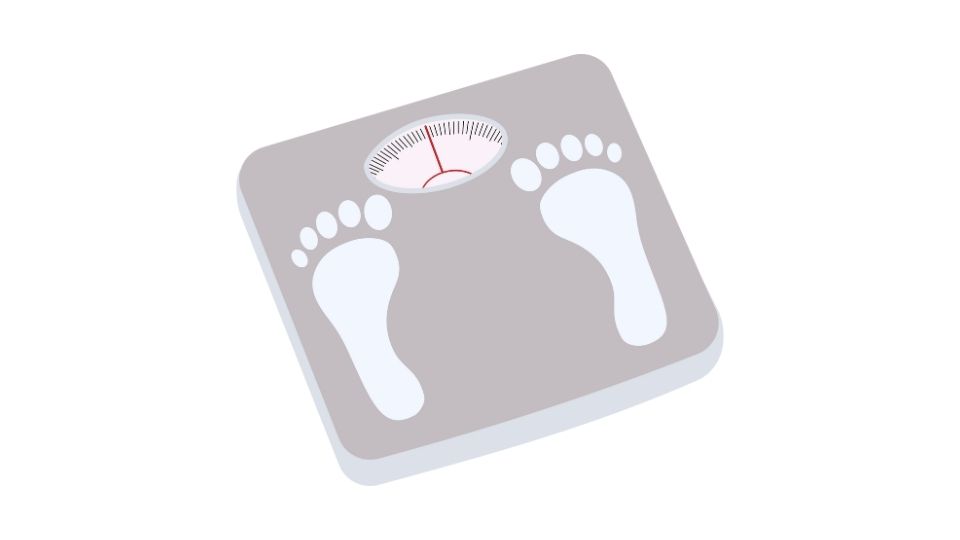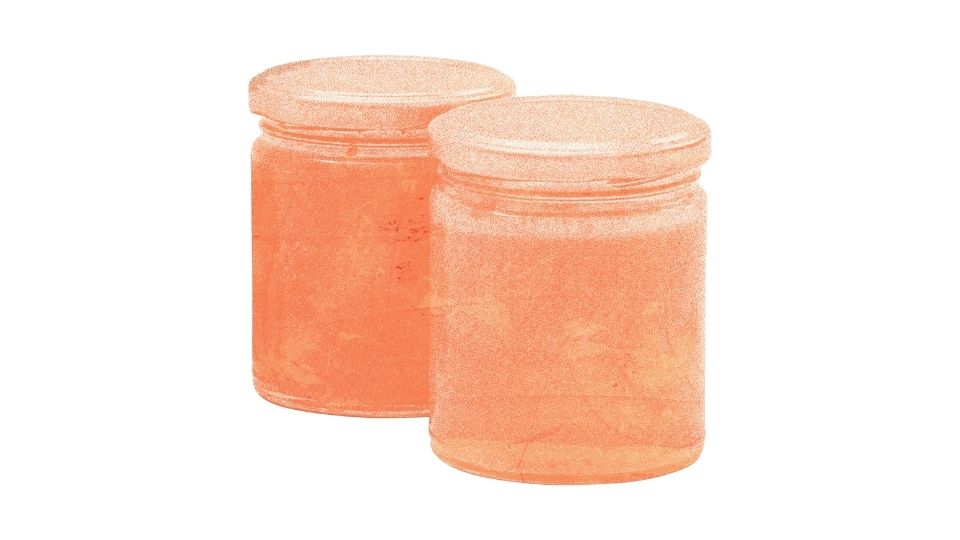Is Protein Powder Keto Friendly? Here’s the Best Type

Protein powder can be totally keto-friendly – if you’re smart about what you buy.
The key is finding options that are low in carbs and moderate in protein so you don’t mess up your ketosis. After all, that’s what the whole keto game is about, right?
While I’m gonna break down all the options, spoiler alert: whey protein isolate is generally king for keto folks because it packs a protein punch with minimal carbs. But you’ve gotta watch out for sneaky added sugars, too much protein, and artificial junk if you want to stay in that fat-burning keto zone.
Is Protein Powder Keto-Friendly? Let’s Break It Down
Here’s the deal with keto: you’re trying to stay in ketosis by keeping carbs super low and not going crazy on protein.
Protein is non-negotiable for muscle maintenance, brain health, immune function, and basically keeping your body from falling apart – but too much can convert to glucose through something called gluconeogenesis (fancy word for “protein turning into sugar”), which can kick you right out of ketosis.
Most keto experts suggest protein should make up about 15-20% of your daily calories, which works out to roughly 1.2-2.0 grams per kilogram of body weight, depending on how active you are and your fitness goals.
What Makes a Protein Powder Keto-Compatible?

1. Low Carb Content (Like, REALLY Low)
Look for powders with less than 5 grams of net carbs per serving. Anything with added sugars, maltodextrin, or high-carb fillers is a hard NO – these will spike your blood sugar faster than you can say “ketosis.”
2. Choosing the Right Type of Protein
Whey Protein Isolate (WPI) – The keto champion because it’s virtually lactose-free (minimal carbs) while giving you all nine essential amino acids. Whey concentrate often has more carbs from lactose, making it less ideal for strict keto.
Pea Protein Isolate – Good plant-based option that’s naturally low in carbs, but it’s missing some essential amino acids that whey has. You might need to mix up your protein sources if you go this route.
Collagen Protein – Great for skin, joints and gut health, but it’s not a complete protein on its own. Best paired with another protein source.
3. Don’t Go Overboard on Protein
This is where a TON of keto people mess up. More isn’t always better! Too much protein can trigger that gluconeogenesis thing I mentioned, basically turning your protein into glucose. Talk about counterproductive.
Track your macros to make sure you’re getting enough protein but not too much. Balance is key.
4. Watch Those Additives and Sweeteners
Some protein powders are loaded with artificial sweeteners or sugar alcohols that can cause digestive issues (hello, bathroom marathons) or mess with blood sugar in some people. Simpler is usually better – look for products with minimal, natural ingredients.
5. Count Those Calories
Protein powders can pack a caloric punch, especially when you start adding fats to make them more keto-friendly. Even if something fits your keto macros, eating too many calories can still prevent weight loss.
Benefits of Using Protein Powder on Keto

- Helps preserve muscle mass while you’re in a calorie deficit (which many keto folks are)
- Supports workout recovery and performance by providing those essential amino acids
- Increases fullness and can help control hunger (super helpful when transitioning to keto!)
- Gives you a convenient protein source without the carbs that come with many high-protein foods
Potential Downsides (Because I’m Keeping It Real)
- Going overboard on protein might strain kidney function, especially if you already have kidney issues
- Some people get digestive discomfort from certain protein powders or the sweeteners in them
- If you rely too heavily on protein powder instead of whole foods, you might miss out on important micronutrients
How to Choose the Best Protein Powder for Keto

Focus on whey protein isolate with around 20-25g of protein per serving and less than 3g of net carbs
Avoid anything with added sugar or starches – look for “keto-friendly” or “low-carb” on the label
If you’re plant-based, go for pea protein isolate that’s unsweetened or has keto-friendly sweeteners
Use protein shakes as supplements, not meal replacements (unless they’re specifically formulated with fats and nutrients for keto)
Track your total daily protein intake to make sure you’re not accidentally sabotaging ketosis
My Top Keto-Friendly Protein Powder Picks
| Protein Powder | Type | Protein Per Serving | Net Carbs | Why It’s Good |
|---|---|---|---|---|
| Transparent Labs Whey | Whey Isolate | ~25g | 1-2g | Super clean, made for keto folks |
| ON Gold Standard | Whey Isolate | ~24g | ~3g | Easy to find, reliable quality |
| Plain Pea Protein Isolate | Plant-based | ~20-25g | ~1-2g | Great for vegan keto people |
The Bottom Line on Protein Powder and Keto

Protein powder can absolutely work on a keto diet if you choose wisely and don’t go overboard.
Whey protein isolate is usually your best bet because it’s ultra-low in carbs while delivering high-quality protein. Just remember to:
- Keep an eye on total carbs
- Don’t consume excessive protein
- Watch for sneaky additives
- Use it as a supplement, not your main protein source
Get these basics right, and protein powder can become a helpful tool in your keto arsenal rather than something that knocks you out of ketosis. And that’s what we’re after, right?

